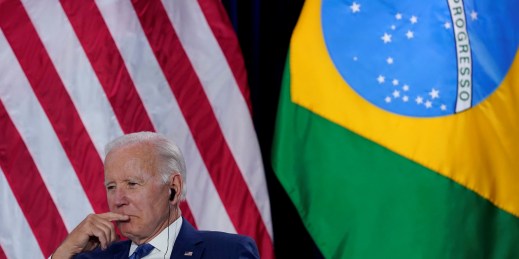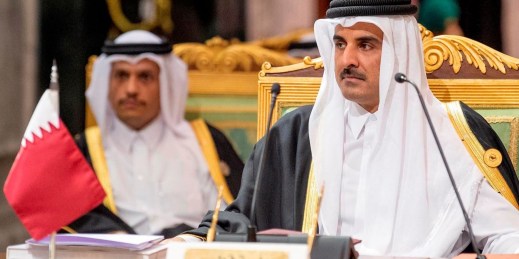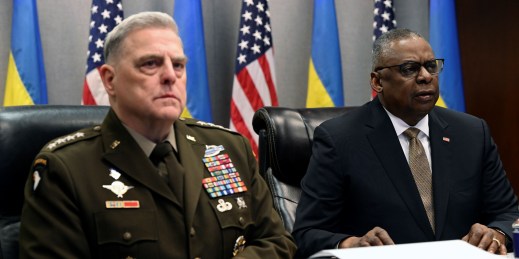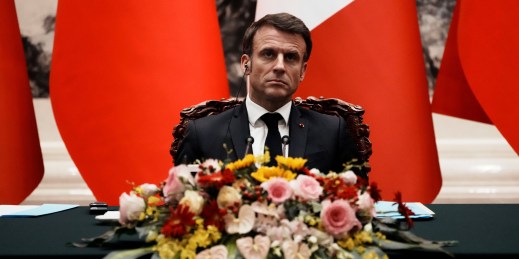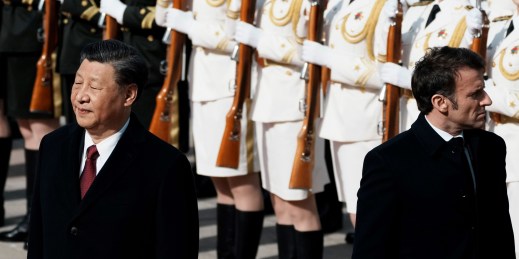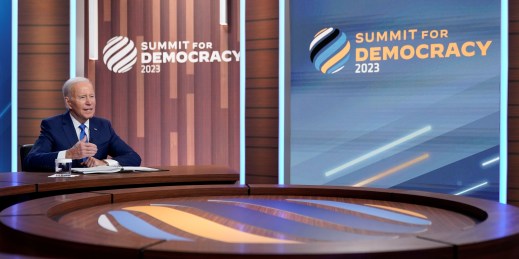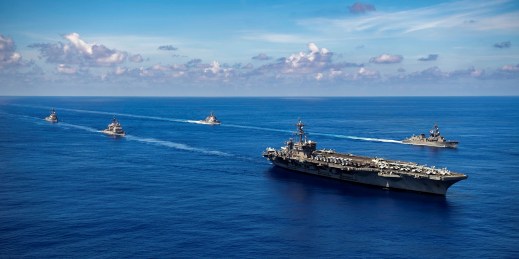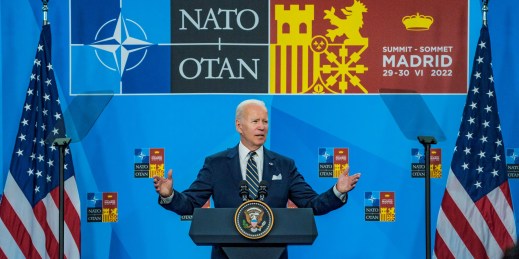
Does the United States need Europe? That question is currently under much debate in Washington policy circles, with some arguing that the U.S. should redeploy forces, materiel and military planning away from Europe and reallocate them toward countering China. The argument has some validity, but it is ultimately unsustainable.

